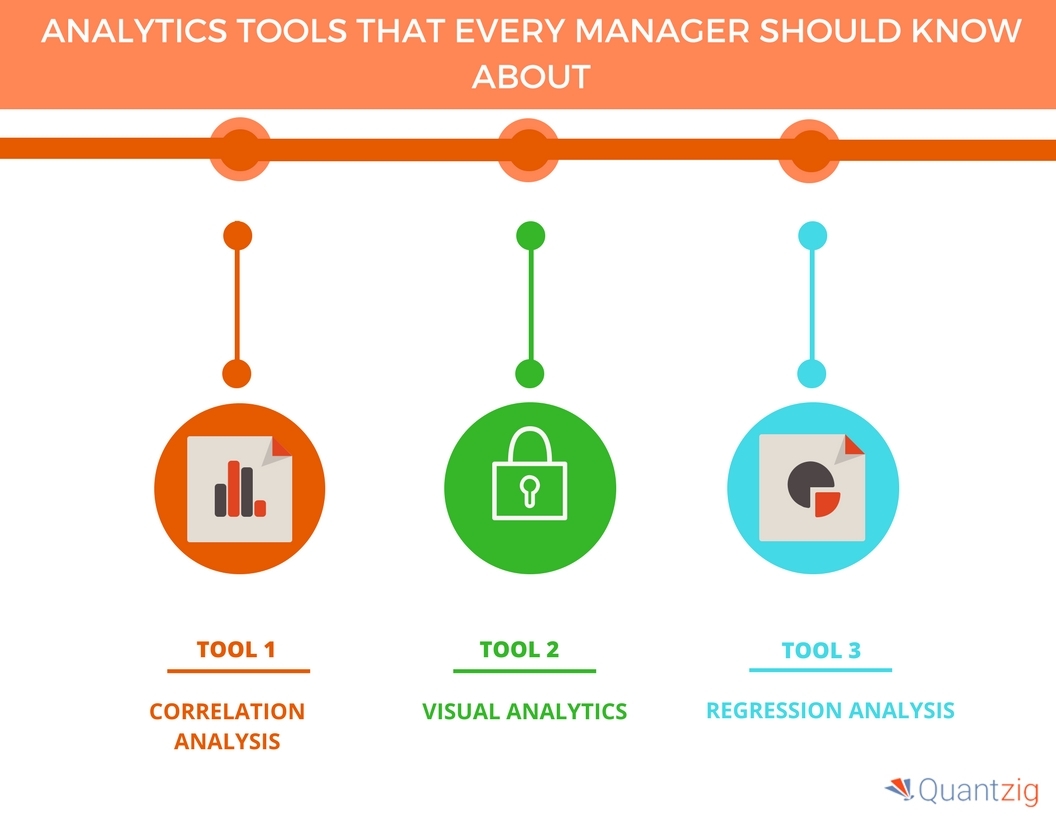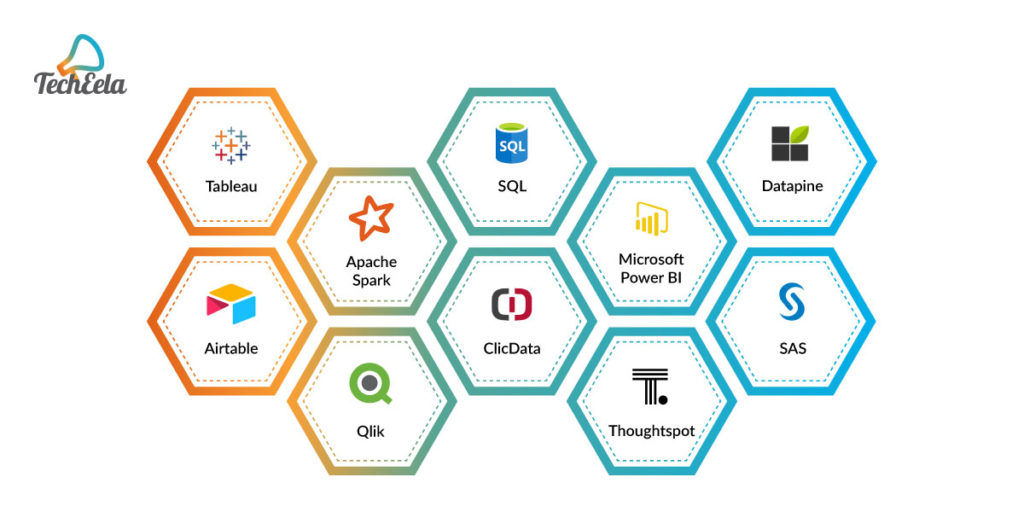Why Companies Love Data-Driven Analytics Approaches
Why Companies Love Data-Driven Analytics Approaches
Blog Article
Optimize Development: Exactly How Analytics Drive Better Approaches
In today's data-driven landscape, companies significantly acknowledge the pivotal role of analytics in forming efficient development approaches. By taking advantage of data insights, organizations can refine their functional methods, prepare for market adjustments, and boost client involvement. Nevertheless, the challenge exists not only in gathering data however in properly translating it to drive substantial end results. As we explore the essential advantages and techniques connected with analytics, an essential inquiry emerges: how can organizations ensure they are leveraging these understandings to unlock their complete capacity? The solution might redefine the future of critical preparation.
Comprehending Information Analytics
Information analytics is a systematic computational analysis of data that enables organizations to uncover significant patterns and insights. This procedure encompasses a variety of methods, consisting of analytical analysis, anticipating modeling, and data mining, which jointly aim to change raw data into actionable info - Analytics. By employing these methodologies, organizations can make educated decisions that are rooted in empirical proof as opposed to instinct alone
The foundation of data analytics lies in its capability to deal with huge quantities of info from diverse sources. This includes structured data, such as data sources, and unstructured information, including social media sites communications and customer feedback. Through using specialized software program and tools, experts can remove and process this data efficiently, recognizing trends and correlations that might not be promptly apparent.
Comprehending data analytics likewise includes identifying the value of data quality and honesty. Dependable and precise data is vital for meaningful evaluation; therefore, organizations need to carry out durable data administration techniques. The repetitive nature of analytics allows for constant refinement and enhancement of strategies, making certain that companies stay active in the face of transforming market characteristics and customer behavior.
Key Advantages of Analytics

One of the essential benefits of analytics is its ability to offer actionable understandings. Organizations can quickly evaluate large amounts of data, uncovering patterns that might not be immediately evident. This aids in anticipating market changes and adjusting approaches as necessary. Furthermore, analytics promotes a culture of evidence-based decision-making, reducing reliance on instinct and uncertainty.
Another significant advantage is improved client understanding. Analytics devices make it possible for services to section their audience, track customer habits, and customize marketing initiatives. This targeted approach not just enhances consumer involvement yet also drives higher conversion rates.

Implementing Analytics Techniques
To totally realize the advantages of analytics, companies need to adopt structured approaches for implementation. This begins with plainly defining goals that straighten with broader company objectives. By developing particular, quantifiable outcomes, organizations can concentrate their analytics efforts on locations that generate the highest possible return on investment.
Next, organizations should prioritize data governance to make sure the integrity and safety and security of the information being assessed. This entails setting up protocols for information collection, storage space, and access while adhering to pertinent regulations. Guaranteeing top quality data is vital for generating purposeful insights.
Moreover, cultivating a culture of data-driven decision-making is vital. This calls for training workers to interpret analytics weblink findings and motivating cooperation throughout departments. They are more likely to incorporate understandings right into their day-to-day procedures. when teams comprehend the value of analytics.
Lastly, companies must consistently evaluate and refine their analytics approaches. The landscape of information and innovation is consistently advancing, and remaining adaptable will permit organizations to take advantage of new devices and techniques efficiently. By implementing these organized methods, organizations can take full advantage of the impact of their analytics campaigns and drive lasting growth.
Devices for Efficient Evaluation
Efficient analysis depends on a variety of devices that help with the removal of understandings from information - Analytics. These tools can vary from easy spread sheet applications to sophisticated machine finding out platforms, each offering a distinct objective in the analytical process
Data visualization software application, such as Tableau and Power BI, plays a vital function in changing intricate datasets into reasonable visual depictions. These tools make it possible for experts to identify patterns and fads rapidly, permitting more informed decision-making.
Statistical evaluation software program, like R and SAS, offers sophisticated capacities for performing in-depth analyses, including regression, hypothesis screening, and anticipating modeling - Analytics. These attributes empower organizations to draw significant conclusions from their information, recognizing possible possibilities and threats
Moreover, data source management systems such as SQL and NoSQL databases provide the required facilities for keeping and querying big volumes of data effectively. They make sure that data is organized and obtainable for evaluation.
Last but not least, organization knowledge systems incorporate various data resources, providing a comprehensive sight of organizational performance. By utilizing these tools effectively, businesses can boost their logical capabilities, allowing them to create methods that make best use of development and enhance general performance.
Study of Success
Effective organizations frequently leverage data analytics to drive impactful methods, as evidenced by several remarkable study. One noticeable example is Netflix, which utilizes sophisticated formulas to examine visitor choices and behavior. By employing these insights, Netflix has efficiently customized its content recommendations, causing boosted user involvement and customer retention. Their data-driven strategy has actually most certainly added to their status as a leading streaming solution.

Furthermore, Starbucks employs data analytics to figure out ideal shop places and fine-tune its item offerings. By analyzing client demographics and buying patterns, Starbucks effectively determines high-potential markets other and tailors its menu to regional preferences, driving sales and client commitment.
These situation research studies show that efficient utilization browse around this site of data analytics can lead to strategic benefits, cultivating technology and growth within companies throughout different markets.
Conclusion
To conclude, the integration of analytics into business approaches substantially improves decision-making processes and fosters sustainable growth. By leveraging data-driven understandings, organizations can determine patterns, anticipate market changes, and enhance operations. The effective execution of analytics devices even more supports agility and innovation, making it possible for companies to navigate affordable landscapes with higher precision. Inevitably, a dedication to analytics not only drives prompt performance improvements yet also safeguards long-lasting success in an ever-evolving industry.
Data analytics is an organized computational analysis of information that enables organizations to uncover significant patterns and insights.Recognizing information analytics also entails identifying the relevance of information top quality and integrity. Reliable and precise information is essential for purposeful evaluation; thus, organizations need to execute durable data administration methods.Next, companies need to prioritize data governance to make sure the honesty and safety of the information being assessed.Successful organizations often take advantage of information analytics to drive impactful approaches, as evidenced by several noteworthy situation researches.
Report this page